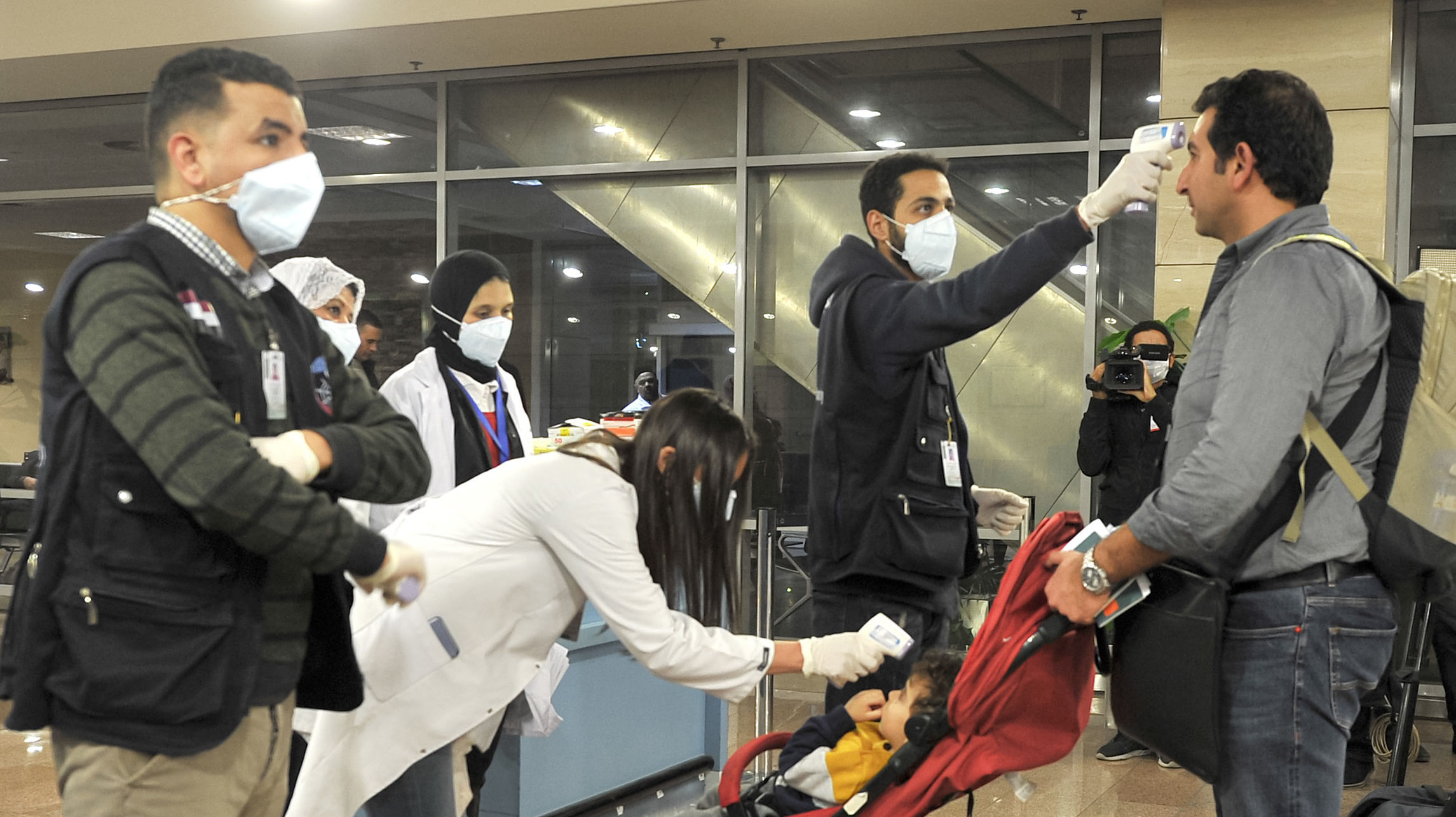‘Health or the Economy?’ A Wrong Question from the Outset
Al-Masry Al-Youm, Egypt, June 6
In early March, with the emergence of the coronavirus pandemic in Egypt, an early dialogue took place in the media, and then in wider society, on whether it was more important to prevent the spread of the disease or keep the wheels of the economy turning. This became a heated debate pretty quickly, with supporters and opponents of each side portraying the issue as a zero sum game: We can either ensure a healthy but poverty-stricken society, or a functioning economy with thousands of deaths. The truth is that this was a flawed equation from the very outset. Like many other developing countries, Egypt was never fully equipped to address the pandemic with strict rules and extensive treatment like the procedures we’ve witnessed in Asia. But at the same time, its impact on Egypt’s economic activity has not been as extensive, as in many European countries. The only possible and realistic policy from the beginning was to maintain a fine balance between limited movement and social distancing to maintaining as much economic activity as possible to avoid a deep recession and surging unemployment rates. At the beginning of the epidemic, the government seemed to take the right steps. It implemented three policies: first, to shut down all nonessential economic and social activities, including places of worship, schools and hotels; second, to protect essential activities such as trade while setting restrictions on who can go out to work; and third, to launch unemployment-support programs that would help reduce the adverse socioeconomic effects of the epidemic. In my estimation, this first wave of decisions was widely respected and accepted by the public, although no one would have ever imagined that the Egyptian people would easily accept the closure of mosques and coffee shops. However, with the passing of time, the message was obfuscated, the priorities were mixed, and the pressure was increased. The management of the crisis was no longer governed by the same clarity of vision that characterized it in the beginning. Why was the curfew before Ramadan eased in a way that gave people the idea that the issue was a non-issue? Why did the Health Ministry fail to provide clear directives on permitted and forbidden activities? Why did hotels re-open at a 25% capacity when the number of deaths began to rise? How does tourism recover and attract foreign tourists in the current circumstances? How can one think about opening cafes while asking people to maintain distance from each other? And what is the logic of prohibiting the use of beaches while allowing guests to use hotel pools? I understand, of course, that the economic pressures are enormous and a large segment of society cannot stay at home and stop working for weeks. But what I’m suggesting is to review our priorities again and provide more businesses the possibility of resuming their activities while adhering to clear health guidelines provided by the government. We must do away with populistic statements and assumptions that aren’t grounded in real scientific findings. We are also better off avoiding comparisons to countries that have pursued different policies from the start, since our situation is unique. What is required is to restore this difficult balance between economy and health. – Ziad Baha Al-Din (translated by Asaf Zilberfarb)


